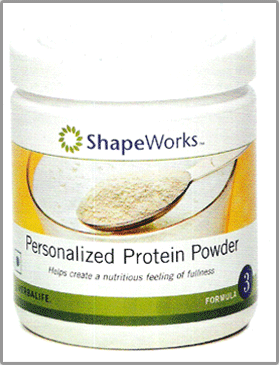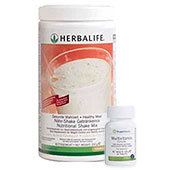Bok Choy: Nutrition, Benefits, Risks, and How to Eat It
Nutrition
Bok choy is a nutrient-rich vegetable that is low in calories and fat. It is a good source of vitamins A, C, and K, as well as folate, potassium, and manganese. Bok choy also contains several antioxidants, including kaempferol, quercetin, and sulforaphane.
Benefits
Bok choy has been linked to a number of health benefits, including:
* Reduced risk of cancer: The antioxidants in bok choy may help to protect cells from damage that can lead to cancer. Some studies have shown that eating bok choy may be associated with a reduced risk of lung, stomach, and colon cancer.
* Improved heart health: Bok choy contains several compounds that have been shown to improve heart health, including kaempferol, quercetin, and sulforaphane. These compounds can help to lower cholesterol, reduce inflammation, and improve blood flow.
* Lowered risk of stroke: Bok choy contains folate, which is a B vitamin that has been shown to lower the risk of stroke. Folate helps to prevent the formation of blood clots, which can lead to stroke.
* Improved bone health: Bok choy is a good source of vitamin K, which is essential for bone health. Vitamin K helps to improve calcium absorption and bone density, which can help to prevent osteoporosis.
* Boosted immunity: Bok choy is a good source of vitamin C, which is essential for immune function. Vitamin C helps to protect the body from infection.
Risks
Bok choy is generally considered to be safe to eat, but there are a few potential risks.
* Goitrogens: Bok choy contains goitrogens, which are substances that can interfere with the thyroid gland's ability to produce hormones. Goitrogens can cause goiter, which is a swelling of the thyroid gland. However, the amount of goitrogens in bok choy is generally not high enough to cause problems in healthy people.
* Blood thinning: Bok choy contains vitamin K, which is a nutrient that is involved in blood clotting. Eating too much bok choy could interfere with the effects of blood thinners, such as warfarin.
* Allergic reactions: Some people may be allergic to bok choy. Symptoms of a bok choy allergy may include hives, swelling, and difficulty breathing.
How to Eat It
Bok choy can be eaten in a variety of ways. It can be steamed, stir-fried, sautéed, or added to soups and salads. Bok choy is also a popular ingredient in kimchi, a Korean fermented vegetable dish.
Here are a few tips for preparing bok choy:
* Wash bok choy thoroughly before eating it.
* Remove the tough outer leaves of bok choy before cooking it.
* Bok choy can be cooked quickly, so it is important not to overcook it.
* Bok choy can be eaten on its own or added to other dishes.
Bok choy is a versatile and nutritious vegetable that can be enjoyed in a variety of ways. It is a healthy addition to any diet.
-
belly
QuestionHi my height is 5f 6i from the last 6months I got my bell
-
Linseeds
QuestionAre linseeds good for you? How many can I eat a day? Ans
-
calorie/fiber question
QuestionI have a question regarding the nutritional content of th
-
tuna and salmon
QuestionDear Ms. Simon, I am a 17 year
-
net calories
QuestionQUESTION: I weight 145lbs and would like to be 125lbs. &n
-
Parboiled Rice
QuestionIs parboiled rice good to loose weight? I heard that it c



